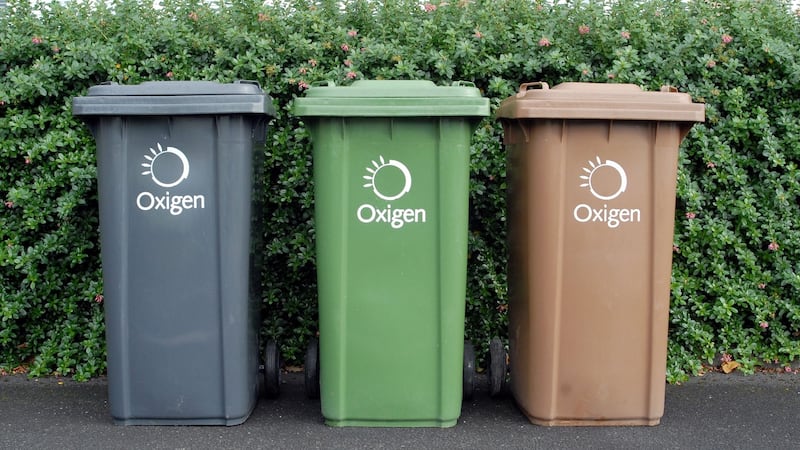State-owned ESB will continue with plans to build an offshore wind farm in the Irish Sea despite the project’s failure to win an electricity supply contract.
ESB, which supplies homes and businesses through subsidiary Electric Ireland, plans to build the Oriel wind farm off the Co Louth coast with its partner, Belgian player Parkwind.
The group said on Friday that it and Parkwind remained committed to the project, despite failing to secure a provisional contract in a recent auction, where companies bid against each other to supply offshore wind-generated electricity to the Irish market.
“While the Oriel project was not awarded a contract in this auction round, Parkwind and ESB believe that it is a well-positioned project and will ultimately play its part in generating the renewable electricity we need,” said an ESB spokesperson. “We will continue to progress the project and are actively investigating alternative routes to market.”
RM Block
Four projects, three in the Irish Sea and one off the coast of Galway, won provisional deals to supply electricity at €86.05 a megawatt hour (MWh) in the auction run by national grid operator EirGrid and the Commission for the Regulation of Utilities. Backers included multinationals Statkraft, EDF Renewables, Fred Olsen Seawind and Macquarie Bank.
ESB’s pledge means that both the auction’s unsuccessful bidders intend continuing with plans to spend billions of euro on proposed wind farms with no assurance at this point that they can sell the electricity generated.
SSE Renewables, part of the same group as SSE Airtricity, pledged this week to continue with its proposed wind farm for the Arklow Bank, off the Wicklow coast.
Stephen Wheeler, SSE Renewables managing director, acknowledged that the company was disappointed with the auction’s outcome but said the Irish project was an important part of its pipeline. “And we remain committed to its delivery,” he added.
[ First large wind farm off west coast among four offshore energy auction winnersOpens in new window ]
SSE calculates that the 800 megawatt (MW) Arklow project would cost it €2.5 billion to build.
ESB did not put a figure on Oriel’s construction, but the final bill for the 375MW development could be about €1 billion, according to industry estimates.
Neither business indicated how they would ultimately sell the electricity their proposed plants would generate.
They could take part in later auctions, or potentially do so-called “power-purchase agreements”, where businesses agree to buy electricity from wind farm operators.
SSE’s project is the furthest advanced of any of the Irish Sea projects. It is the second development phase of the Arklow Bank, where there are already seven turbines.
Between them, Oriel and Arklow Bank could generate enough electricity to supply about 1.2 million homes at full capacity.




















